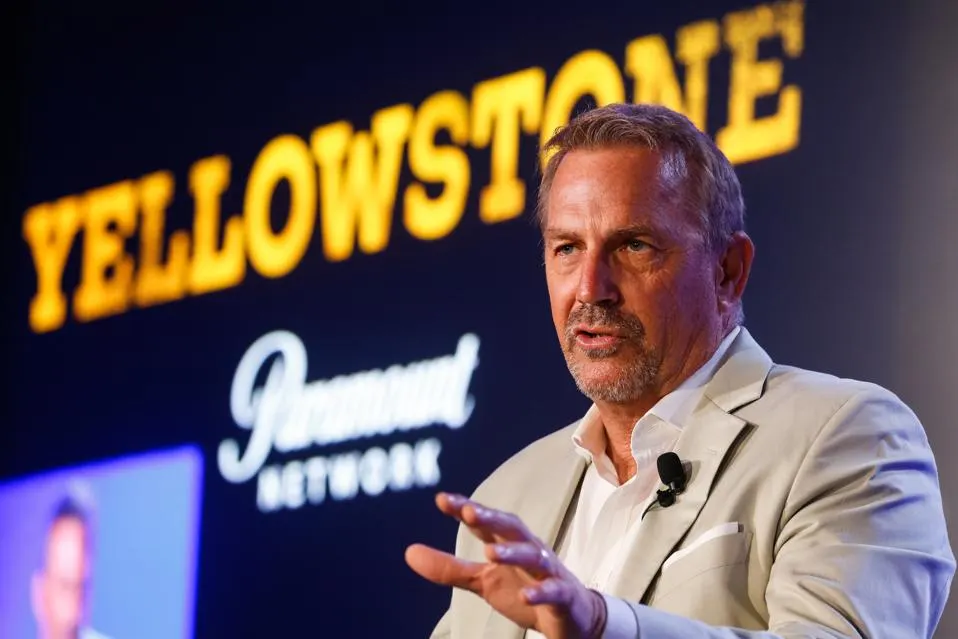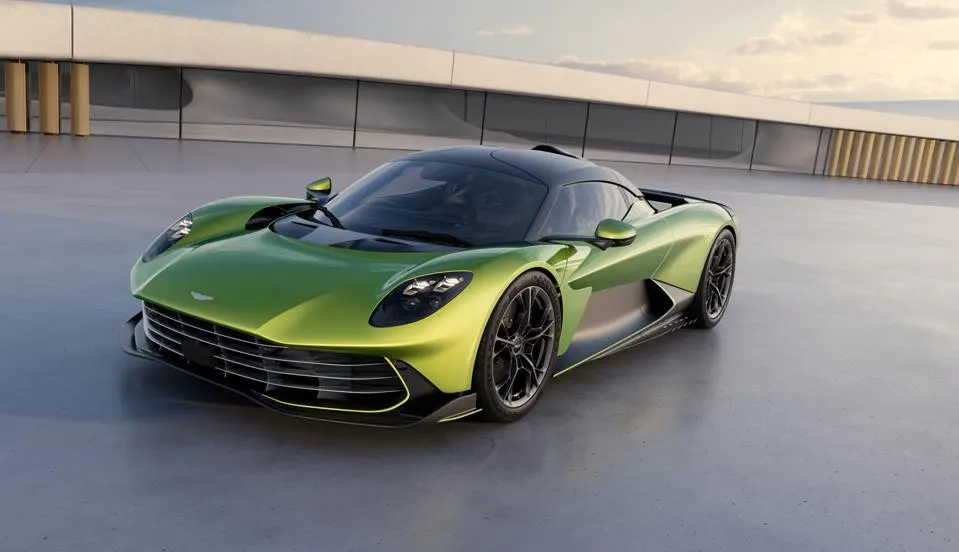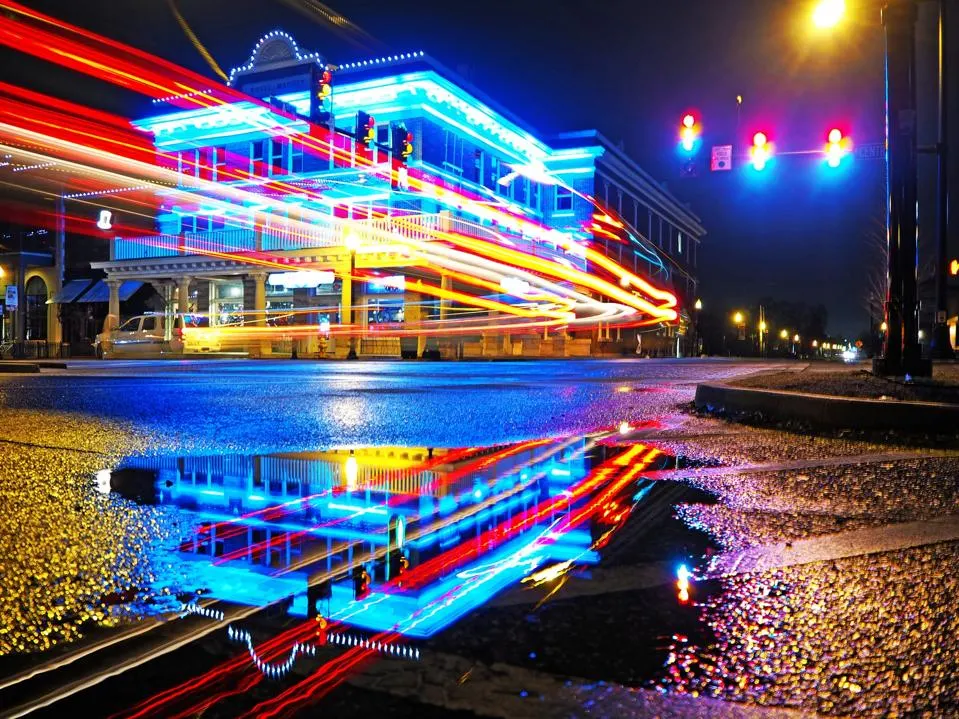Yellowstone’s Finale Sparks Debate Amid the Power of Social Media

The most dominant show of the last few years, *Yellowstone*, has finally come to an end. In just five seasons, the neo-Western drama captivated millions, with its fifth season premiere drawing in 12.1 million viewers, and the finale also receiving a massive response. As the final episode aired, social media quickly filled with mixed emotions. Fans were divided: some praised the conclusion, while others voiced their disappointment, creating a storm of polarized opinions online.
The response to *Yellowstone*'s finale highlights how social media has reshaped cultural conversations. Memes, tweets, and comment threads quickly flooded platforms, amplifying both positive and negative reactions. Some fans felt the finale didn’t capture the essence of earlier seasons, a sentiment shared by many who criticized the perceived drop in quality. This criticism was exacerbated by behind-the-scenes turmoil, including Kevin Costner's departure. However, a small but vocal group of more forgiving fans celebrated the ending, arguing it stayed true to the essence of the show. These more positive reflections were overshadowed by memes and reviews that focused on disappointment, with posts celebrating the finale garnering fewer likes and shares. This raises the question: to what extent does the legacy of a cultural phenomenon like *Yellowstone* depend on the algorithms of social media?
Television's role in shaping everyday discourse, such as watercooler moments, has historically encapsulated shared cultural experiences. But the rise of the internet has changed this dynamic. Streaming services have fragmented viewership, allowing audiences to watch shows at their own pace. Meanwhile, social media has provided a global platform for instantaneous sharing of opinions, often with an intensity that overwhelms measured discussion.
This shift has altered how art is consumed and remembered. With *Yellowstone*, the reception of the finale is already being shaped by the loudest voices in its fanbase. Studies have shown that influencers and viral content have a disproportionate impact on public opinion. A single post from a prominent account can set off a cascade of similar reactions, shaping the narrative before it can be fully analyzed.
This isn't a unique phenomenon to *Yellowstone*. *Game of Thrones* in 2019 faced similar backlash over its finale. The criticisms on social media snowballed into a meme-fueled spectacle, and the show became branded as a failure, despite later arguments that the flaws weren't as catastrophic as they appeared in the viral discourse. *Yellowstone* finds itself in a similar position, where the initial wave of criticism could solidify into the dominant narrative, overshadowing more nuanced perspectives.
What’s fascinating about *Yellowstone*'s scenario is the speed with which the drama has unfolded. Within hours and days of the finale airing, fans and critics flooded social media, sharing everything from viral memes to deeply thoughtful posts. The result is a digital battleground where the legacy of the show is being written in real-time—shaped as much by algorithms as by genuine emotional reactions.
The fans of *Yellowstone* will remember its conclusion as a bittersweet end, marking the end of an adventure with the Duttons, exploring themes of power, loyalty, and the clash between tradition and progress. But it also serves as a reminder that the modern media landscape plays a crucial role in shaping the stories we tell about our favorite shows. Whether the final episode will be remembered as a misstep or a fitting conclusion remains to be seen, but one thing is clear: social media and memes have become the new watercooler, where art is discussed, dissected, and defined.
Ultimately, it’s the conversations sparked by *Yellowstone* that will determine its legacy, not the episodes themselves. Better or worse, the discussion has only just begun.



